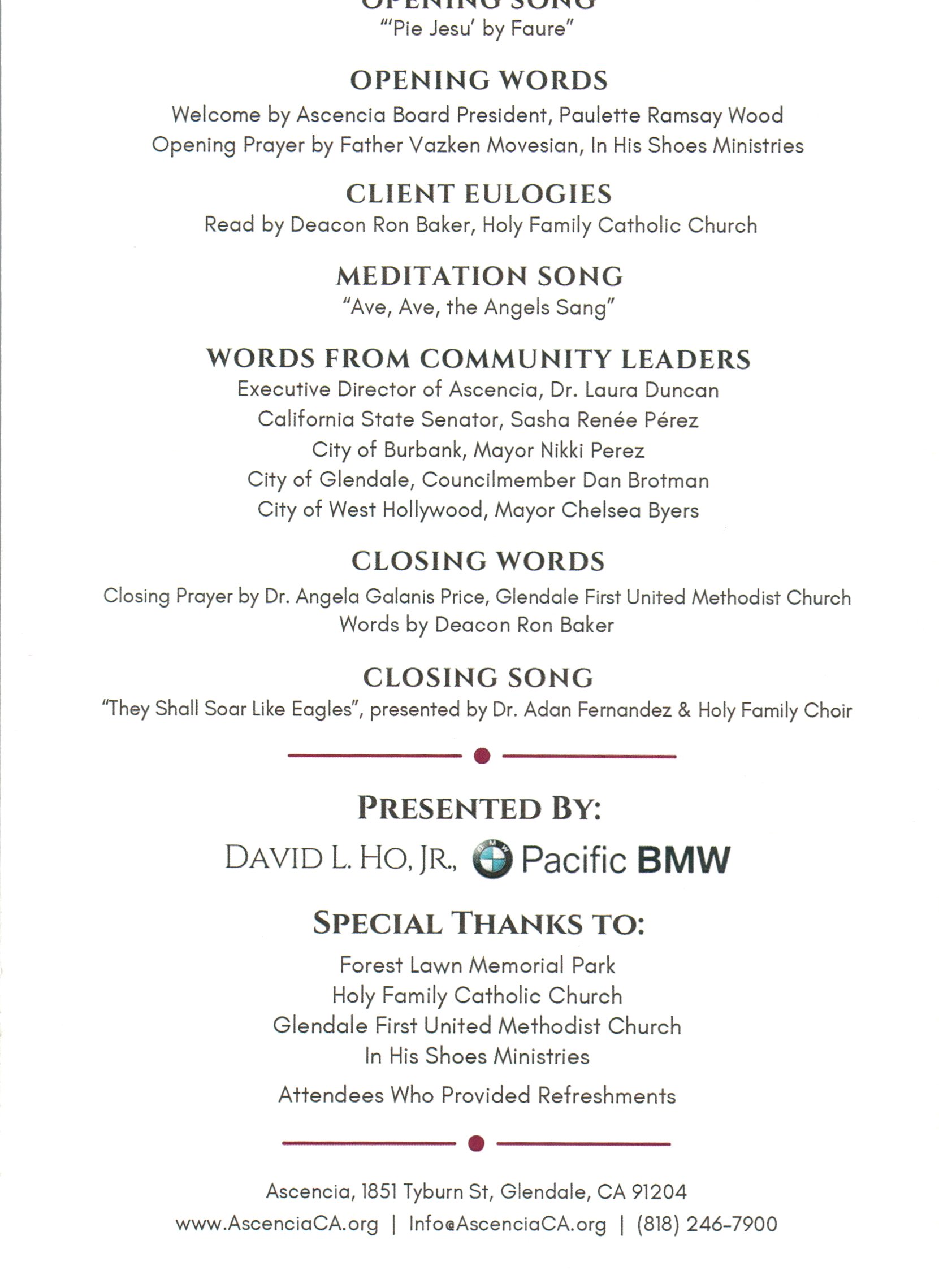Giants: Peter and Paul
During this week, the Church commemorates a group of leaders of the early Christian movement, the Church. The Apostles Peter and Paul are remembered on the same day because they shared in a ministry at Rome, where they were also martyred for their faith.
Peter was one of the disciples chosen by Christ to become a “fisher of men.” He was a member of the original twelve disciples and part of the entourage that accompanied Jesus from town to town. Paul, on the other hand, was a persecutor of Christians in the post-Resurrection era but converted to Christianity following an encounter with the Lord on the road to Damascus. Their stories are documented in scripture, in the Book of the Acts of the Apostles. This is a continuation of the Gospel of St. Luke. Think of it as a part 2 of the Gospel, where the first part followed Jesus from Birth to Resurrection, the Book of Acts is the story of the post-Resurrection trial of the early Church. Their story is further documented in the epistles and letters which make up the bulk of the New Testament. Most notably, St. Paul wrote letters to the different spawning and growing Christian communities in Rome, Corinth, Ephesus, Thessalonica and elsewhere. In his writings he encourages the believes of the new religion, to stay faithful to the person of Jesus Christ, and therefore, to God. He uses stories of his own trials and tribulations, his imprisonment, and his salvation through Christ, to encourage the members of these young communities.
The Epistles of St. Paul are some of the oldest Christian writings, giving us a unique view of the early Church community. By remembering the Apostles Peter and Paul we are called to look at the difference and similarities of these two giants of the Christian Church. They come to Christ in two different ways, they served in the same arena and in the end, they left an indelible mark on the history of the Christian Church and therefore Western Civilization. Their lives and ministries intersected at the point of suffering for the Kingdom. Both were persecuted for their faith and belief in Jesus Christ.
Where is our faith today? As we take the Advent Journey, we should examine the uncomfortable moments in our life, where faith in God might be mocked or challenged. How do we deal with those challenges?
We pray today, Psalm 63, O God, you are my God, early will I seek You, my soul thirsts for You, my flesh longs for You in a dry and thirsty land where there is no water. I have looked for You in the sanctuary, to see Your Power and Your Glory. Because your loving kindness is better than life, my lips shall praise You. Thus, I will bless You while I live, I will lift up my hands in Your name.



